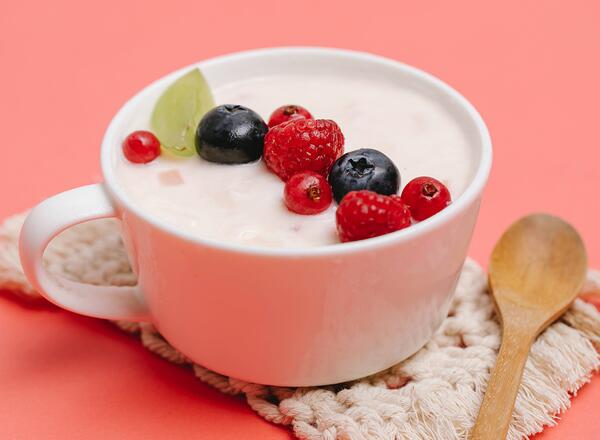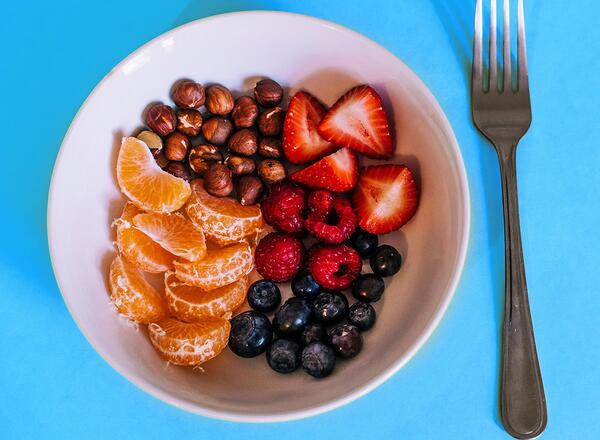
Our intestinal tract is filled with many different microorganisms that contribute to digestion, immune health, and overall well-being. These microorganisms in our gut even outnumber the cells in our body!
The amount and types of microorganisms look different in everyone. Lifestyle changes to our diet, environment, stress, and medications like antibiotics can change the diversity of these microorganisms in our gut.
A drastic change in gut microbiota can result in uncomfortable changes to our body like diarrhea, constipation, or even contribute to certain diseases. Luckily there are ways to maintain a healthy gut.
Probiotics
Probiotics in food or that you buy as a supplement are live microorganisms, similar to those within our intestinal tract, that can be consumed to offer health benefits. Research is currently looking into probiotics as a treatment option for gastrointestinal diseases, obesity, insulin resistance syndrome, type 2 diabetes, and non-alcoholic fatty liver disease. Probiotics work by helping to restore the good bacteria in our gut and fighting the harmful bacteria.
For a probiotic to work, it needs to be alive when it reaches the stomach. Cooking methods like heating will kill the probiotics. The outcome of probiotics depends on the amount and type consumed. Probiotics can be consumed via capsules, tablets, drops, sachets, or sticks.
To check for the amount and probiotic type, look at the food or supplement label name and number.
- Examples of probiotic names known to offer health benefits include species starting with the name Bifidobacterium and Lactobacillus.
- The label should consist of the name followed by a number usually ending in CFU, the unit used to list the specific amount.
- Anything over 1 billion or 1 x 109 CFU is big enough to offer health benefits.
- For example, a label might say Lactobacillus Acidophilus 1 billion CFU.
